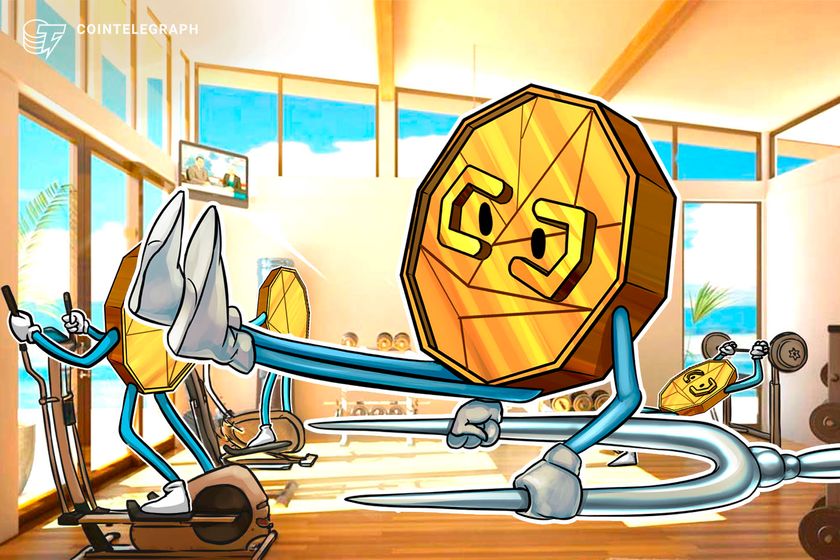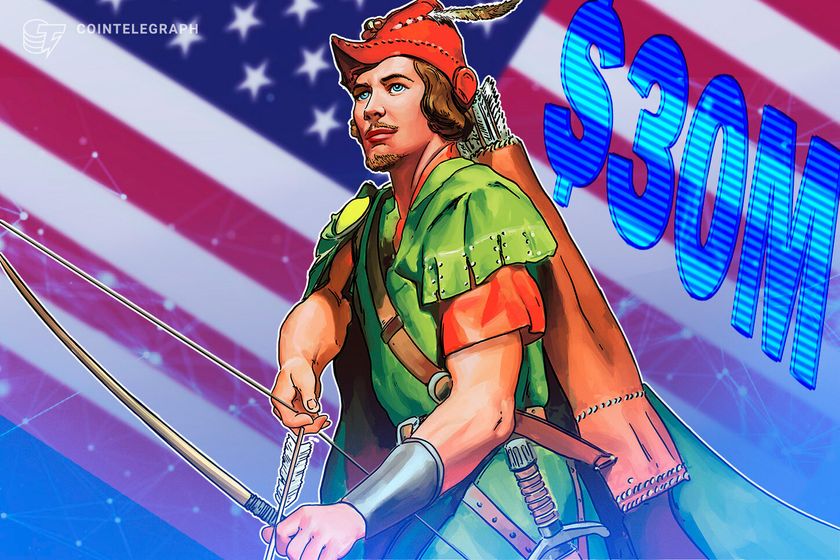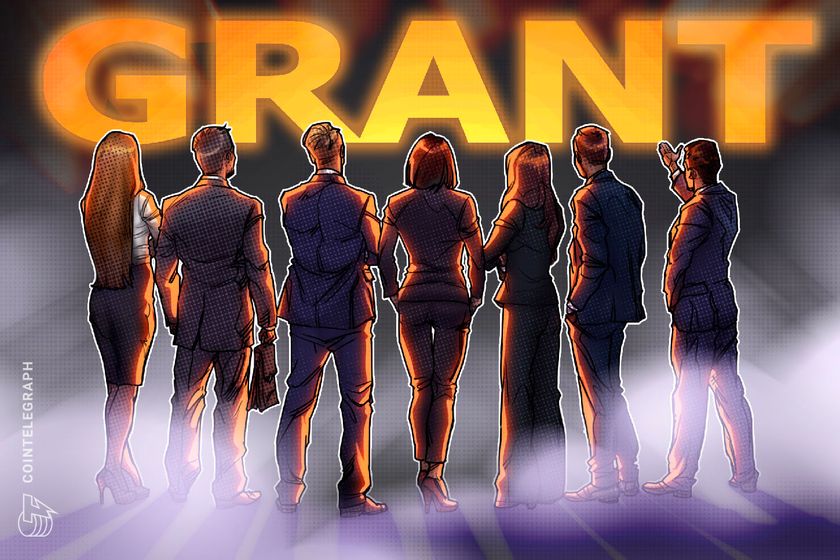
In the aftermath of banks’ horrorshow: Law Decoded, March 13–20.

A week after the twinning collapse of Silicon Valley Bank (SVB) and Signature Bank, and the trouble at Credit Suisse, the dust is slowly settling down.
A week after the twinning collapse of Silicon Valley Bank (SVB) and Signature Bank, and the trouble at Credit Suisse, the dust is slowly settling down. SVB Financial Group has filed a voluntary petition for a court-supervised reorganization under Chapter 11 in the United States Bankruptcy Court. The company is no longer affiliated with Silicon Valley Bank, which operates under the jurisdiction of the Federal Deposit Insurance Corporation (FDIC) and is not included in the Chapter 11 filing. Meanwhile, the United Kingdom arm of the bank was acquired by HSBC for 1 British pound.
Congress announced a hearing into the failures of SVB and Signature Bank, which will take place on March 29. FDIC chair Martin Gruenberg and Federal Reserve vice chair for supervision Michael Barr are expected to appear before lawmakers to help them understand the nature of the current crisis.
The Mid-Size Bank Coalition of America (MBCA) asked United States federal regulators to extend insurance on all deposits for the next two years. According to the coalition, extending insurance on “all deposits” would “immediately halt the exodus” of deposits from smaller banks and stabilize the industry. This sounds pretty logical, given that more than 186 U.S. banks are well-positioned for collapse from the economists’ point of view.
Wyoming enacts bill to defend private keys
Governor Mark Gordon of the U.S. state of Wyoming signed a bill preventing the forced disclosure of private keys to protect the privacy of digital asset owners. ourts in Wyoming will no longer compel individuals to provide access to any private keys that grant access to their digital assets, digital identity or any other interests or rights to which the private key provides. The only exception to this law applies when individuals are required to disclose the ownership or transfer of crypto during any lawful proceeding.
Binance-Voyager deal to proceed without holdings
The United States District Court for the Southern District of New York declined the U.S. government’s reasonings for halting the acquisition of bankrupt brokerage company Voyager Digital by Binance.US. According to Judge Michael Wiles, any protractions with the deal will harm the interests of Voyager’s former clients, who are waiting for the return of their funds. Thus, Wiles realleges his prior approval of Voyager Digital’s Chapter 11 bankruptcy plan, which suggests selling billions of dollars in assets to Binance.US to regain liquidity to pay back customers.
Euro Parliament approves Data Act
The European Parliament passed the Data Act, intended to “boost innovation by removing barriers obstructing access to industrial data.” The legislation established rules for fairly sharing data generated by “connected products or related services,” such as the Internet of Things and “industrial machines.” The act also granted smart contracts equal protection compared with other forms of contract, which is bad for the industry, as it would undermine immutability guarantees.
Go to Source
Author: David Attlee









